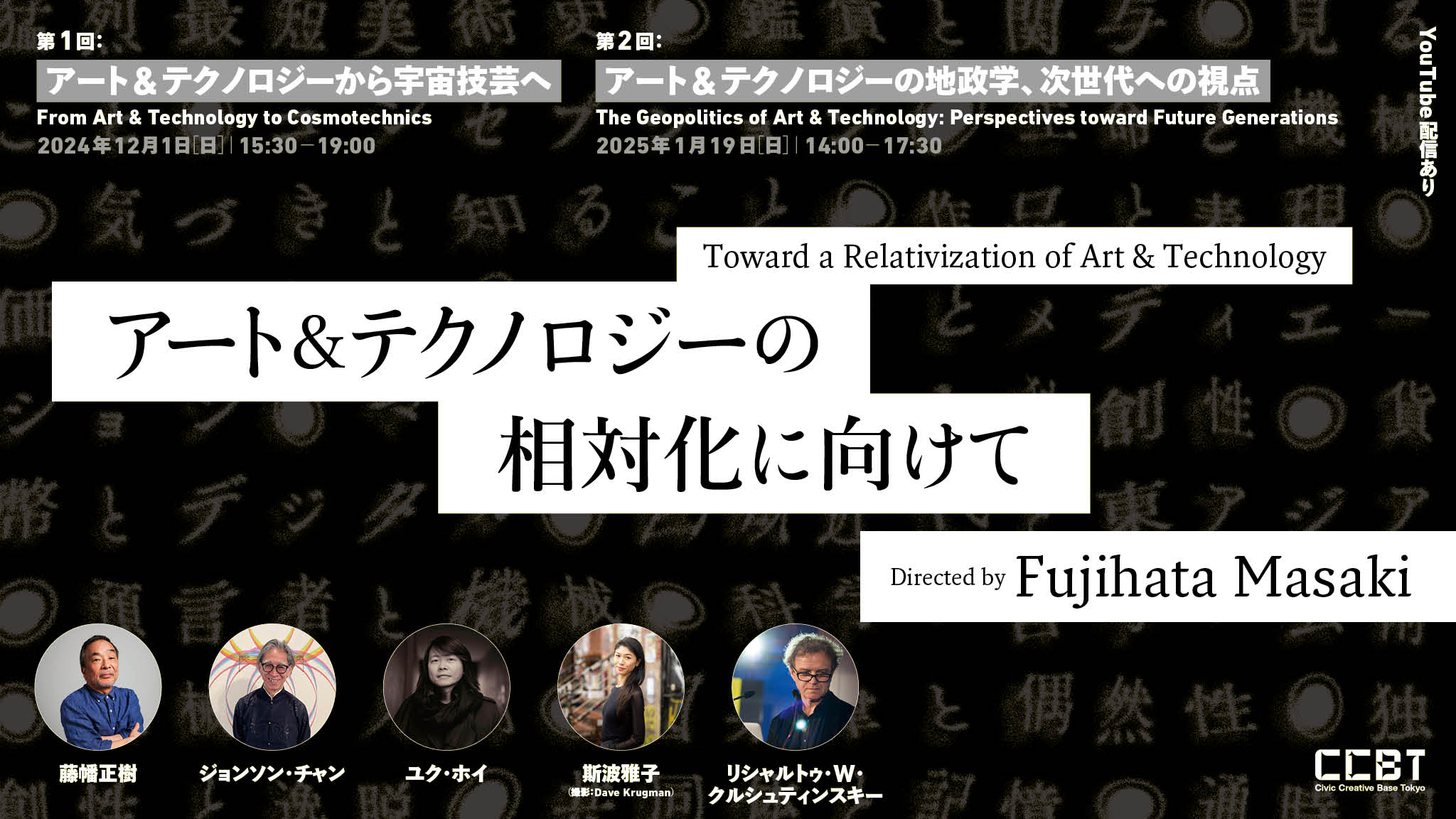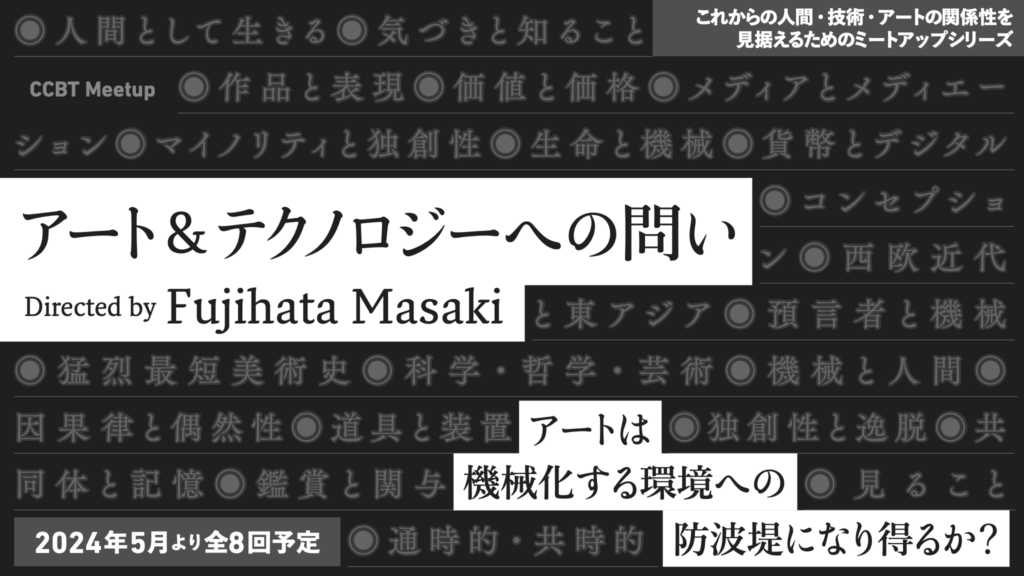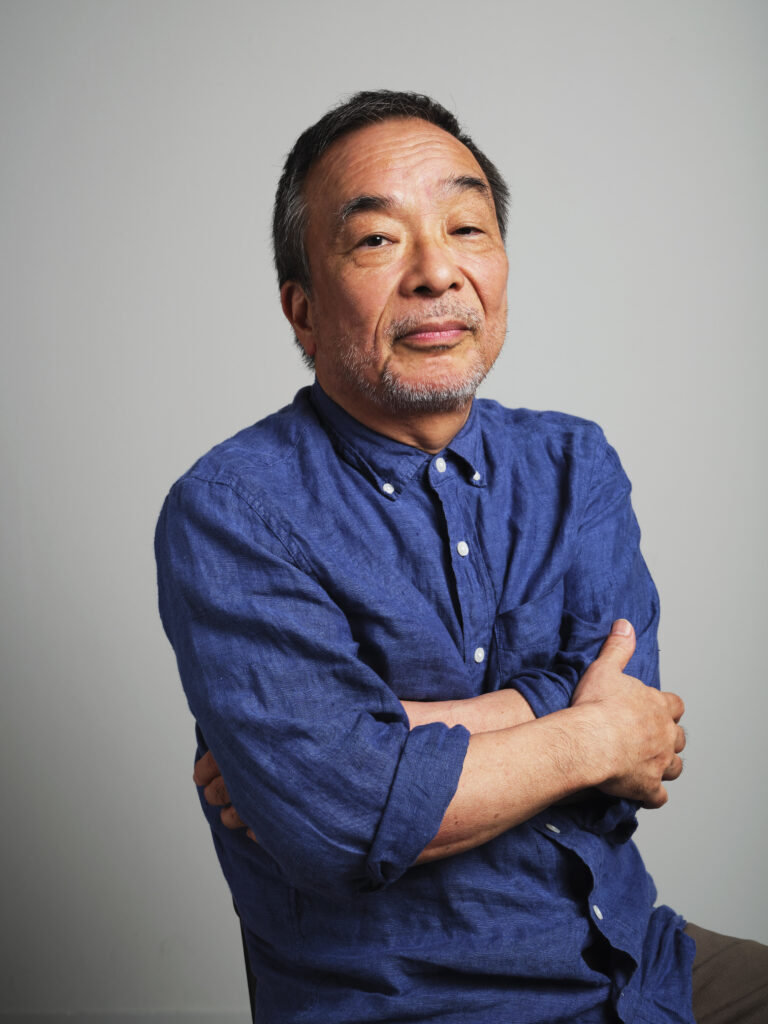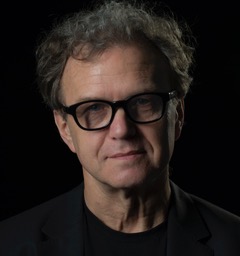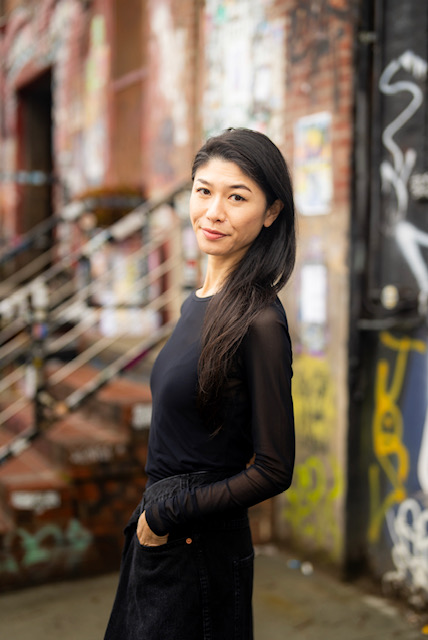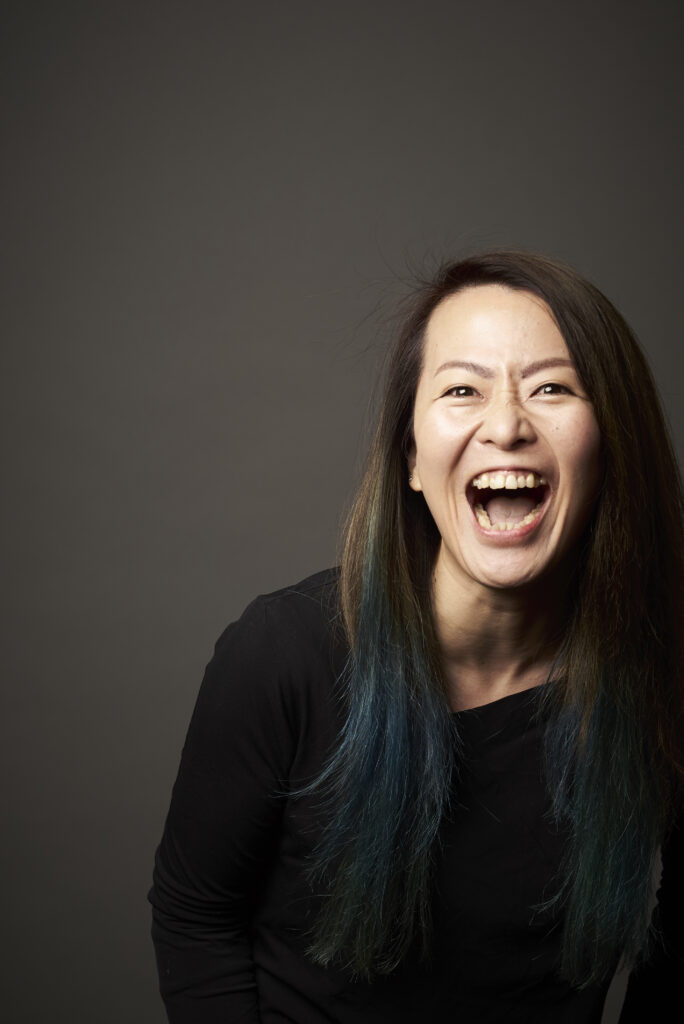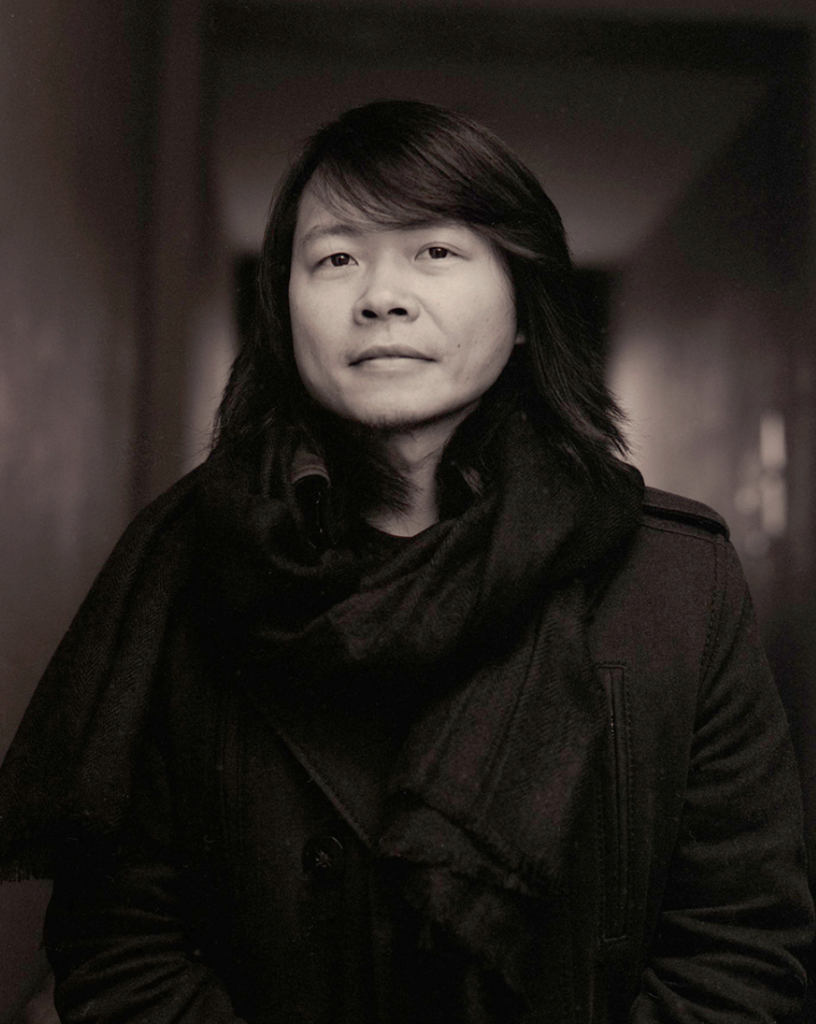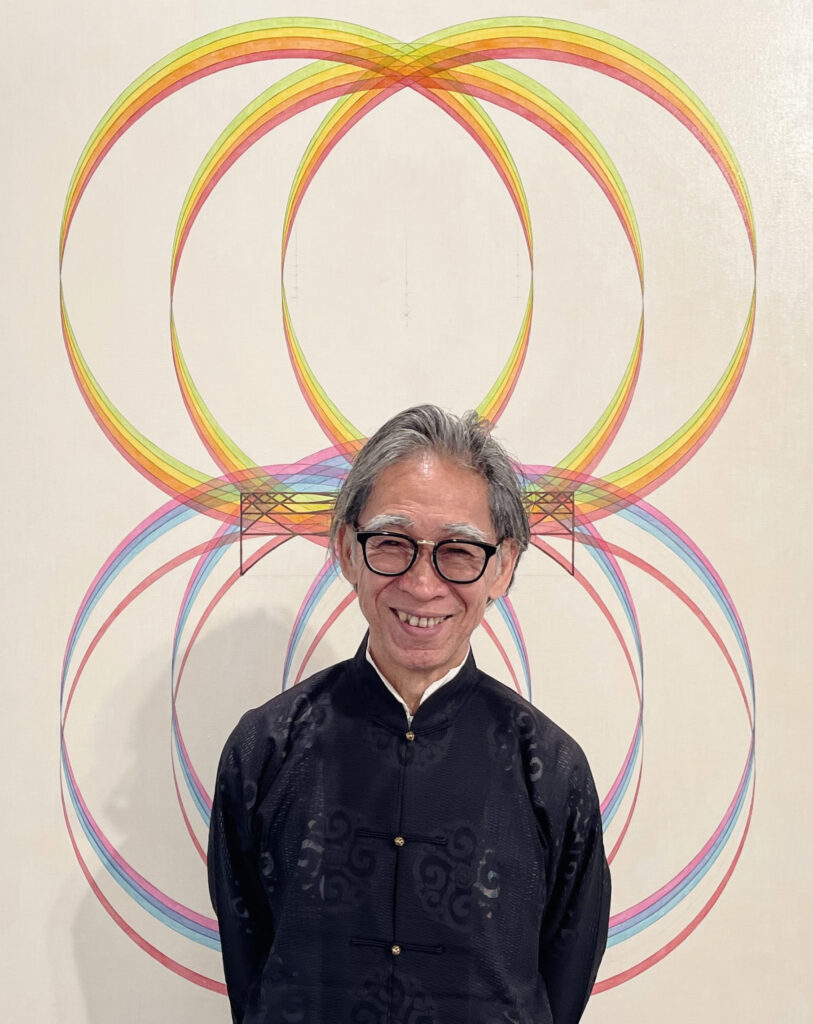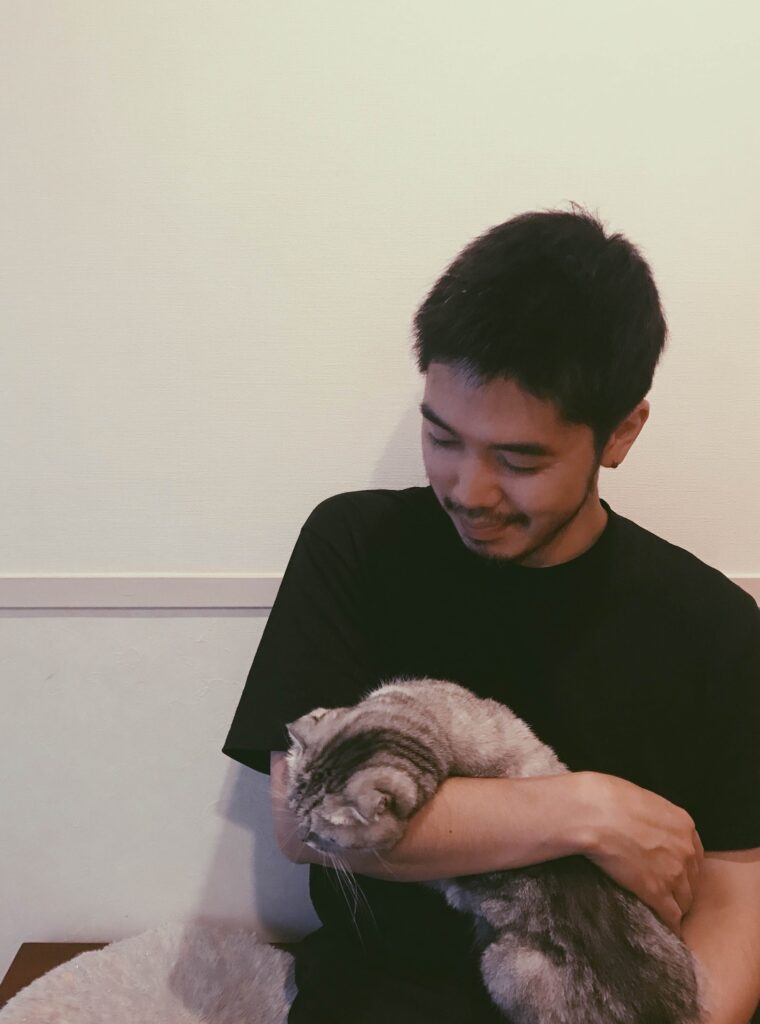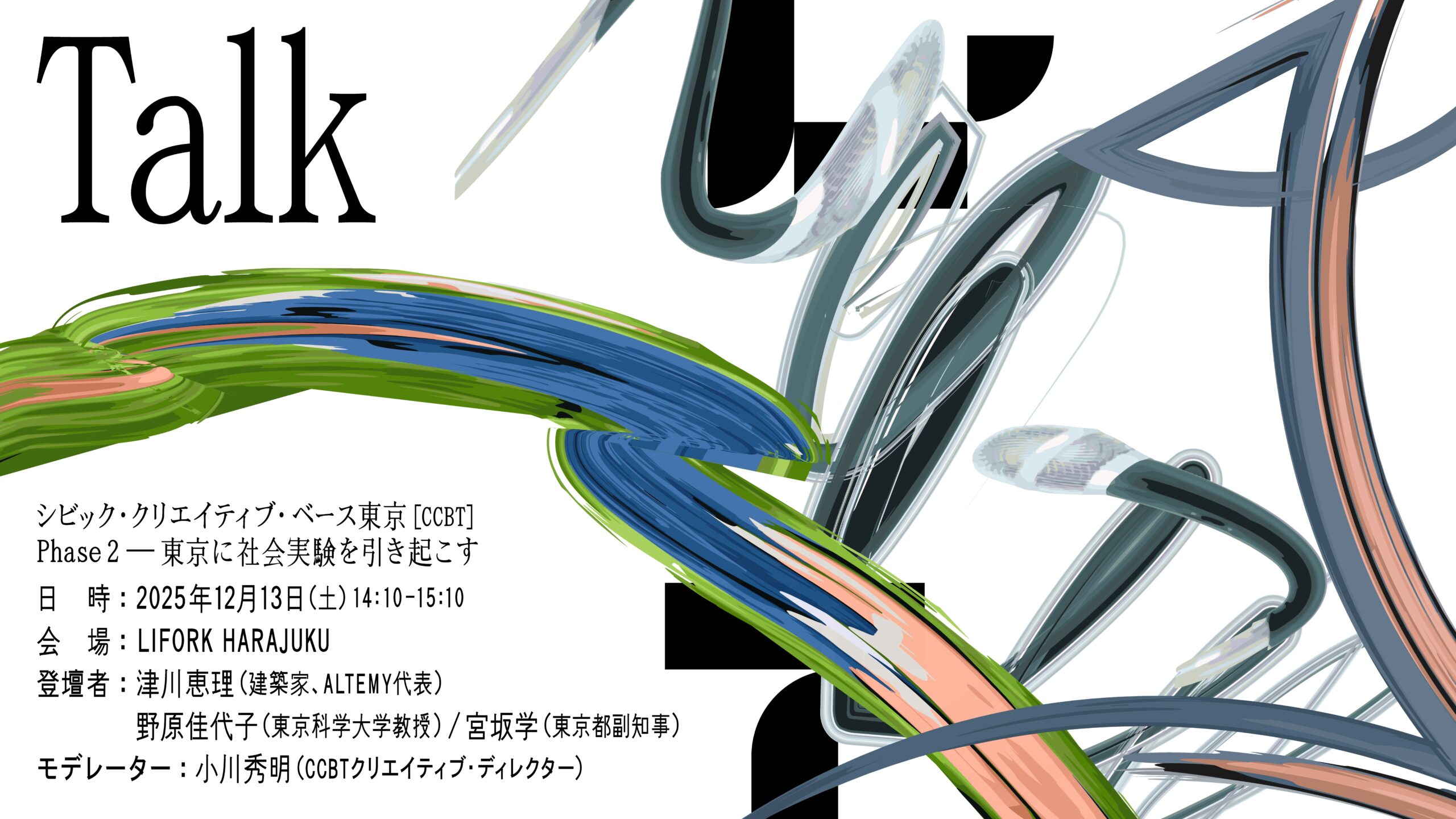CCBT is organizing a two-part symposium with media art pioneer Fujihata Masaki. Bringing together curators, philosophers, and producers from abroad, the symposium will revisit the relationships between art and technology:their historical developments, regional differences, articulations, and media.
* Live-Streaming: Available on CCBT’s official YouTube Cannel.
Registration for the Vol.1 & Vol.2 has now closed as we have reached capacity.
We hope you will be able to watch the live streaming on YouTube on the day of the event! (1/15)
Can We Relativize Art & Technology, East & West?
Civic Creative Base Tokyo [CCBT] is organizing a two-part symposium with media art pioneer Fujihata Masaki. Bringing together curators, philosophers, and producers from abroad, the symposium will revisit the relationships between art and technology:their historical developments, regional differences, articulations, and media.
The symposium will mark the final chapter of Concerning Art & Technology, a series of lectures by Fujihata that began in May 2024 where each session examined themes such as the relationship between human and devices, the history of painting and viewing spaces, concepts and articulations, and life and machines. Each lecture engaged participants into discussions of the cross-sections of art and technology, and the East and West.
Designed in two-parts, the symposium will illustrate concrete examples in the history of art and technology and incorporate philosophical perspectives to explore how art, technology, East, and West could converge going ahead.
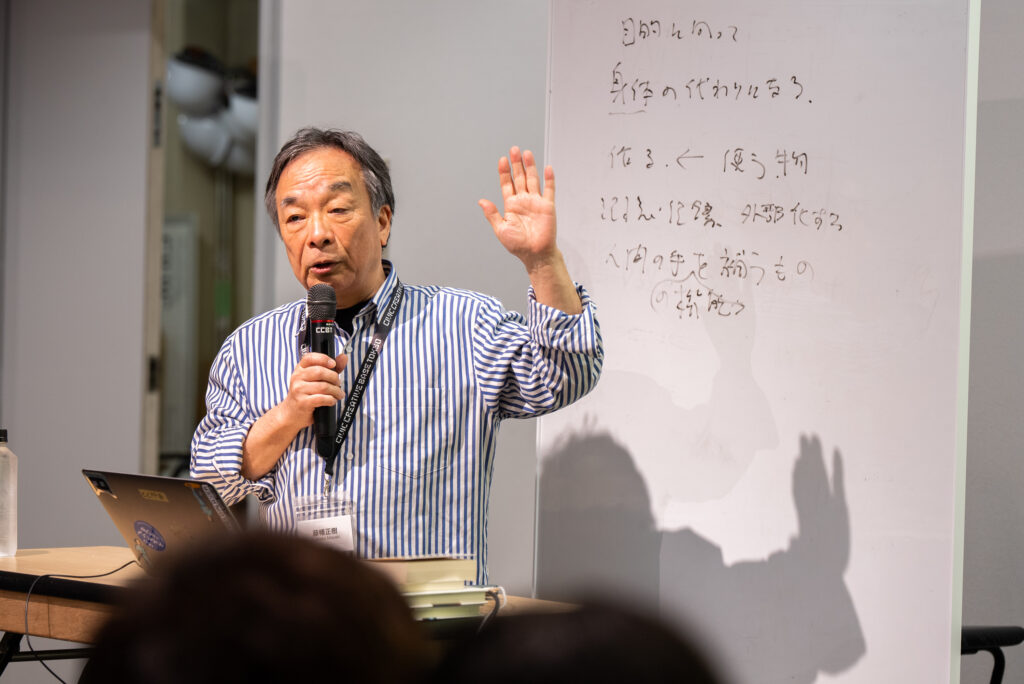
○ “Toward a Relativization of Art & Technology” Directed by Fujihata Masaki
Free admission (Pre-Registration Required) *Applications have been closed because the maximum number of participants has been reached.
* English-Japanese simultaneous Interpretation Available
* Live-Streaming: Available on CCBT’s official YouTube Cannel.
* This Meetup series is part of the Research Partner Program at CCBT, an initiative that collaborates with researchers from both Japan and abroad to advance research and foster openness that contribute to the nurturing of civic creativity.
Vol.2 The Geopolitics of Art & Technology: Perspectives toward Future Generations
Date & Time: January 19 (Sun), 2025 14:00-17:30 (JST)
Speakers: Ryszard W. Kluszczyński (curator), Shiba Masako (Co-Founder and Executive Director at BEAF), Fujihata Masaki (new media artist)
Moderator: Nishimura Mariko (Producer / CEO, HEART CATCH Inc., HEART CATCH LA Inc.)
We can say that technological advancements centered on photography ultimately led to the emergence of contemporary art. Despite this, however, the field has increasingly distanced itself from directly referencing the technological components and has, instead, placed greater emphasis on their conceptual developments. Today, we live in an age of transformation driven by digital technology which creates an even greater impact than the invention of photography. Given this context, media art, whose core consists of digital technology, appears to be one the most crucial fields for expanding the landscape of art. Nevertheless, the criteria for evaluating works remain in flux due to geopolitical time lags and differences in the historicization of technology.
How can media articulations and digital technologies reconfigure the geopolitics surrounding “Art”? In this session, we will examine the historical evolution of the relationships between art and media technology across different regions, drawing from the practitioners’ experiences in Europe, Japan, and the U.S., and explore the possibilities of their curation in this particular landscape.
14:00-14:30 Introduction
14:30-15:10
[Presentation 1] Ryszard W. Kluszczynski “What Constitutes “Technology” in the Arts? Thinking through Curation”
15:10-15:30 Commentary
15:50-16:30
[Presentation 2] Shiba Masako “Supporting the Arts and Practices of the Next Generation: Initiatives of BEAF”
16:30-16:50 Commentary
16:50-17:30 [Discussion/Q&A]
【Ended】Vol.1 From Art & Technology to Cosmotechnics
Date & Time: December 1 (Sun), 2024 15:30-19:00 (JST)
Speakers: Yuk Hui (philosopher), Johnson Chang (curator), Fujihata Masaki (new media artist)
Moderator: Harashima Daisuke (thinker)
So far for nations, it can be said that their modernization was achieved by Westernization. However, in recent years, it appears that non-Western societies are taking their own unique approaches to modernization. Here, we welcome practitioners who are at the forefront of creating new contexts in this shift. First, Yuk Hui is a thinker who has steadfastly addressed the question, “is there philosophy in Asia?” and, by focusing on the indigenous philosophies, he advocates for the diversification of technology from a conceptual standpoint. Thus, proposing what he calls “cosmotechnics.”
Meanwhile, Johnson Chang has been a leading curator and educator in shaping Chinese art through methods different from those that conform to international art platforms.
Therefore, it seems we are at a stage where we must ask ourselves, “is there art in Asia?” In the pursuit of technological diversity, or cosmotechnics, we may come to realize the crucial role of art.
15:30-16:00 Introduction
16:00-16:40
[Presentation 1] Yuk Hui “Art and Medium”
16:40-17:00 Commentary
17:20-18:00
[Presentation 2] Johnson Chang “Art and its Contexts: That Which Makes Art Possible”
18:00-18:20 Commentary
18:20-19:00 [Discussion/Q&A]
Prelude to SymposiumーMeetup Series: Concerning Art and Technology
Media art pioneer Fujihata Masaki and CCBT co-organized Concerning Art and Technology since May 2024, a Meetup consisting of a series of lectures by the artist. Its goal was to create a learning space to explore how art and technology can contribute to future societies by bringing together all those seeking new perspectives in the creative field including artists, researchers, and the general public. Over 100 attended each lecture, joining Fujihata to delve into discussions on the intersections of science, art, philosophy, and technology.
Lecture 1: Living as Human Being [Guidance]
Lecture 2: Tools and Devices [About Humans]
Lecture 3: Extremely Shortest Art History [About History of Paintings]
Lecture 4: Viewing and Engaging [About Seeing Artworks]
Lecture 5: Conception and Medium [About Conception]
Lecture 6: Life and Machines [About Knowing]
Lecture 7: Revision! Concerning Art and Technology
Lecture 8: Artwork and Expression [About Value]

